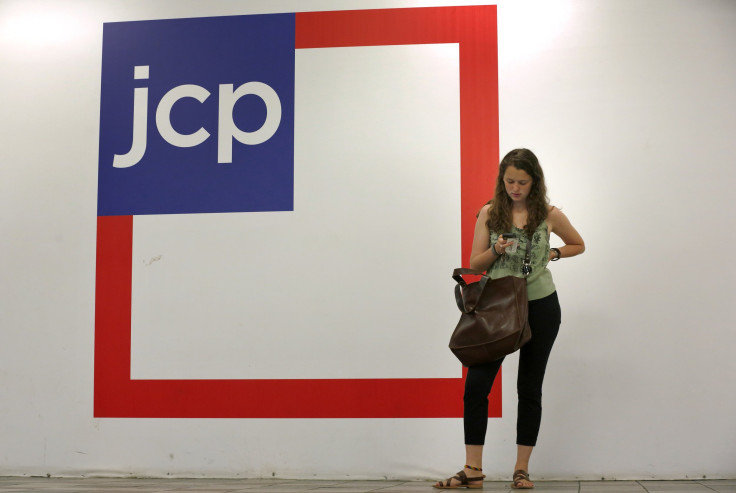J.C. Penney (JCP) Says It's Fine After Goldman Sachs Suggests Betting On Its Demise

J.C. Penney Company Inc. (NYSE:JCP) on Thursday seemed to brush off a day-old research note from Goldman Sachs Group Inc. (NYSE:GS) encouraging clients to bet on the struggling department store’s demise.
The Plano, Texas, retailer said it was “pleased with its progress thus far in the company’s turnaround efforts and the traction its initiatives are starting to achieve” and touted a double-digit uptick in its online sales.
But the investment bank’s note suggested that clients purchase credit-default swaps – financial vehicles that work like insurance bonds and pay out when a company defaults.
J.C. Penney’s older, traditional and less affluent customer demographic remained a drag on the company’s outlook as it attempted to revitalize its ailing business model.
“Not only have shopping malls fallen out of favor, but specialty stores have risen in prominence as shoppers have gravitated toward curated selections or category killers with an expertise in a particular product,” the two Goldman analysts wrote in the note. “As a result, we’ve seen department stores consistently losing market share over the past 20 years.”
Ron Johnson, a former retail chief at Apple Inc. (NASDAQ:AAPL), was hired as CEO in 2011 but was pushed out by the board at the end of 2012 after just a year on the job. His vision for remodeling the store into a marketplace of boutique shops, offering new designer products and a fully revamped home-goods department, blew up in his face and led to his ouster.
Mike Ullman, his predecessor, reassumed his position by the end of 2012 with hopes of stabilizing the company with its traditional draws for customers, such as an aggressive coupon campaign.
Still, the company has continued to struggle, though some analysts have told International Business Times they expect the company will stabilize once the inventory from the home-goods department is sold.
But Goldman’s outlook is grim.
“We expect 3Q and 4Q to be difficult, with comp store sales likely showing a slower-than-expected improvement, and for the general retail environment to remain challenging, increasing the risk of a poor holiday season that the company can ill afford,” the analysts wrote. “As a result, we think that the next step for the company’s debt is more likely to be wider than tighter.”
© Copyright IBTimes 2024. All rights reserved.












